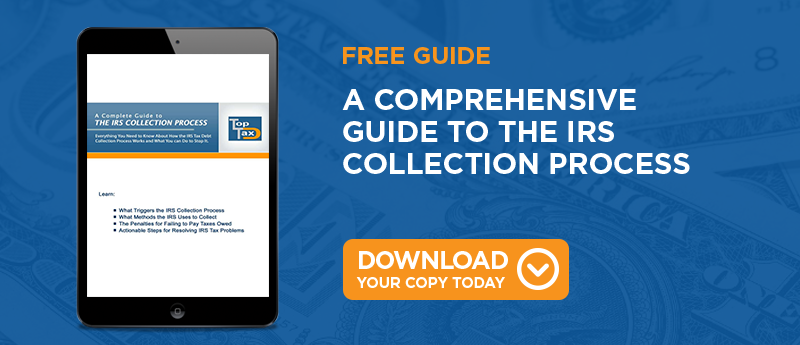
Under normal circumstances, you probably assume that the primary goal of the IRS is to collect tax money owed to the government. While tax collection remains an important duty of this entity, it also makes it a priority to reward people who have information about tax cheats. In fact, you may directly or indirectly know of someone who purposely cheats on paying taxes each year, whether it be by claiming false expenses, deliberately withholding income or fraudulently claiming on their tax return. Before you call the IRS to report this individual, however, you should understand the process of taking part in the Whistleblower program and what criteria must be met before you can claim a reward.
Complete the Necessary IRS Paperwork
When you want to report a tax cheat, you cannot simply walk into your local IRS office and tell an auditor or agent about this individual. Rather, you must complete an IRS Form 211, which can be found on the IRS's website or by calling the toll-free customer service number found online or in your local phone book. Once you complete the form, you can either fax or mail it to the IRS and await a response.
In many cases, it can take months, if not years, for the case to come to fruition and you to receive your reward. In fact, the IRS receives innumerable reports of cheating each year. The agents assigned to these reports must substantiate the claims and determine if the person making report did so out of spite or anger or if the report is actually based on verifiable facts. With that, you should be prepared to wait for an official response and your Whistleblower reward.
Give Your Name on the Report
If you hoped to make an anonymous report about a tax cheat, you may be disappointed to learn that you will be required to disclose your name to the IRS. The agency must have your full name so that it can give you the reward if or when the accused cheat is apprehended and brought to justice. Even so, the agency will not disclose your name to the public or to the individual you have accused of cheating on his or her taxes.
Despite your name not being made public, you would be well advised to understand that it is entirely possible for the accused individual to figure who you are. The details given in your report, such as the dates, company name, and other facts, could give this person significant proof of your identity. Moreover, no legal protection exists yet for Whistleblower informants.
Provide Identifying Details of Tax Cheat
It may not be enough that you know the name of the tax cheat. When you give a report to the IRS for this offense, you must know more in-depth information to help substantiate your claim. The form requires that you provide specific details like the person's address, date of birth, employer, and Social Security number. If you cannot provide these facts, your claim may be dismissed entirely.
Granted, you may have access to this information if you are related to the individual or if you are a partner, manager or owner of the business for which this person works. In this instance, you may be able to give a detailed enough report for it to be considered by the IRS. However, if you want to report your neighbor, someone in your bowling league, or another loose acquaintance, you may find it more difficult to claim a reward from the Whistleblower program.
Meet the Financial Requirements of the Program
Technically, no minimum dollar amount exists for reporting someone for tax fraud. Even if people cheat the IRS out of $100, you can still report these individuals and request a reward. However, within the Whistleblower Program itself lie two sets of different criteria for how a reward amount is established. Generally speaking, the bigger rewards are awarded for reporting people who owe thousands or millions of dollars in taxes.
In fact, the IRS started a new program in 2006 that specifically targets people who owe millions of dollars in delinquent taxes. This program requires that cheaters' income be at least $200,000 per year and that they owe at least $2 million to the IRS. If you report someone who owes that much money, you could be entitled to a minimum of 15 percent or a maximum of 30 percent of the delinquent amount.
That is not to say that smaller tax delinquencies will not be investigated if they are reported. Indeed, the IRS welcomes you to make a report if you know of anyone who is cheating on taxes. However, smaller cases will be left to the agency's discretion about whether or not it will be investigated. If the case does come to fruition, you could be rewarded as much as 15 percent of the owed amount.
You can indeed claim a reward for reporting a tax cheat to the IRS. Before you make a report, however, you would do well to know understand the common criteria for taking part in the Whistleblower program.




